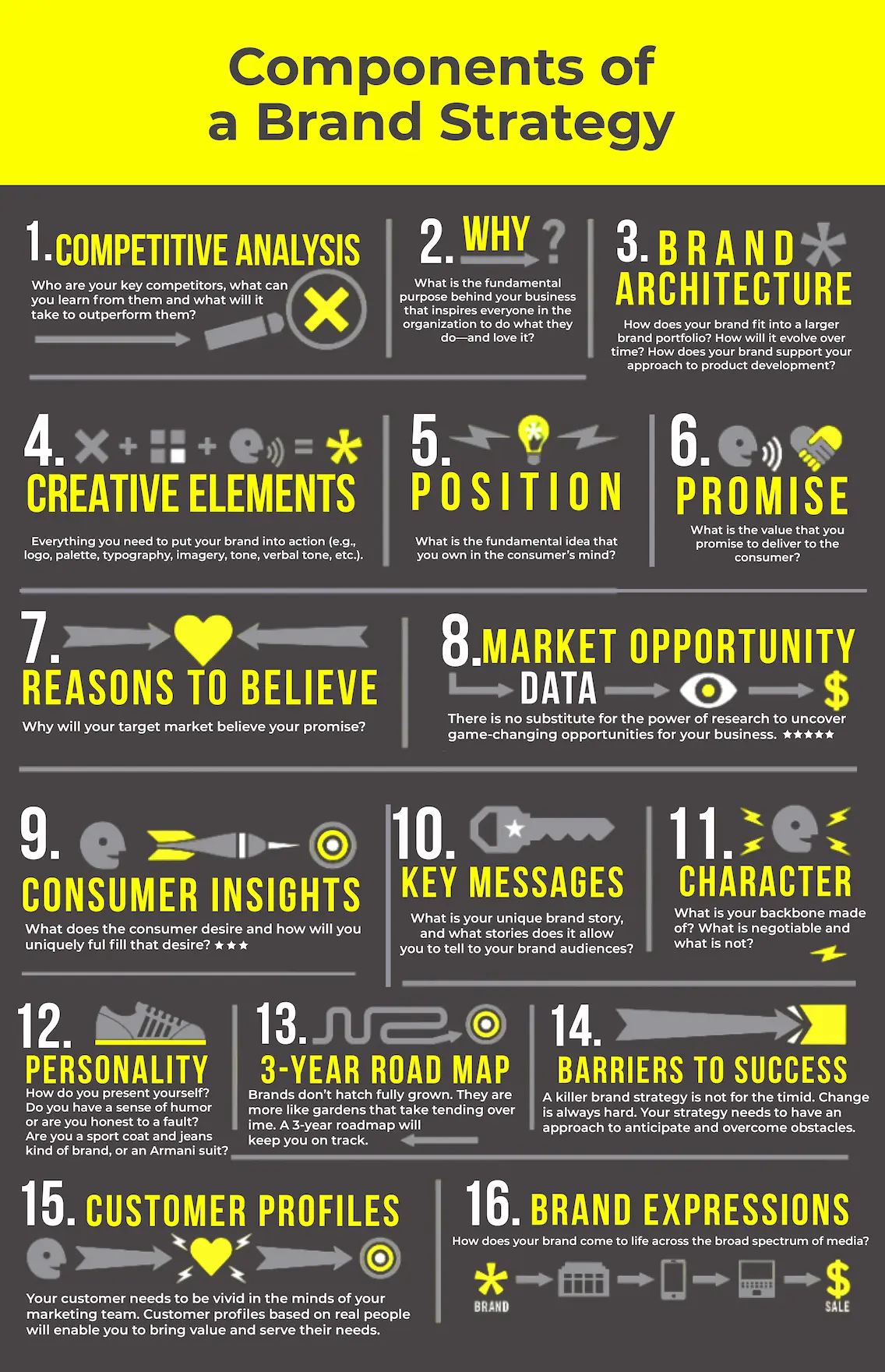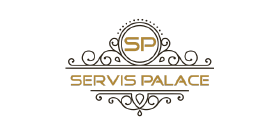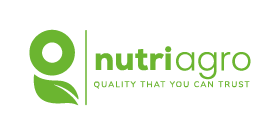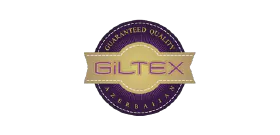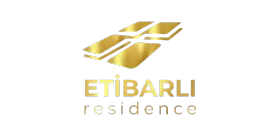Apple- one of the world’s most iconic and beloved brands. In a highly competitive technology market, Apple successfully managed to keep its branding to distinguish itself from its competitors. Here’s how Apple has successfully utilized branding:
Brand Positioning: Apple has positioned itself as a leader in innovation, creating a sense of anticipation and excitement for its revolutionary products. By focusing on cutting-edge technology and sleek design, Apple has made its brand synonymous with creativity, sophistication, and technological progress. The end results- every fall season the whole planet is waiting for their new products.
Brand Identity: Apple’s branding emphasizes simplicity, elegance, and modernity. The brand consistently communicates values of innovation, quality, and reliability. With its minimalist design language (blended with the top colours of each year) and powerful messaging, Apple has crafted a distinct identity that resonates across all touchpoints, keeping it ahead of the curve in a fast-evolving industry.
Brand Loyalty: Apple has cultivated a fiercely loyal customer base by prioritizing product quality, seamless user experience, and emotional engagement throughout the years. The company has built a deep emotional social connection with its consumers, often referred to as the “Apple ecosystem,” where customers feel a sense of community and belonging. Apple’s commitment to providing exceptional customer service and maintaining high standards has resulted in unbreakable brand loyalty.
By focusing on the above mentioned key elements, Apple has been able to stand out and maintain its status as a market leader in the ever changing tech world.
Coca-Cola, a beverage powerhouse with a rich history dating back to 1886, continues to dominate the market and maintain its popularity, standing tall against competitors in the beverage industry for almost 2 centuries. Here’s how Coca-Cola effectively uses branding to remain a leader:
Brand Messaging: Coca-Cola’s message of “refreshing the world and making a difference” resonates deeply with consumers around the globe. The brand doesn’t just sell a drink; it sells an experience, focusing on feelings of joy, refreshment, and togetherness. For example, we cannot imagine a New Year celebration without Coca-Cola New Year Buses. This universal appeal helps Coca-Cola connect emotionally with a broad audience, making it more than just a product, but part of the lifestyle of everyone.
Brand Identity: Coca-Cola uses branding to foster an emotional connection with its audience. Coca-Cola mostly associates with values like happiness, friendship, and community, the brand positions itself as more than just a beverage—it’s an integral part of memorable moments. Coca-Cola’s identity is built around inclusivity and shared experiences, inviting consumers to be part of the “Coca-Cola family.”
Brand Recognition: Coca-Cola has mastered the art of brand visibility and recognition. Through strategic product placements, high-profile celebrity endorsements, and iconic collectible relics, the company ensures its brand remains in the public eye. Whether it’s through its signature red and white logo, festive campaigns, or partnerships with major events like the Olympics, Coca-Cola maximizes exposure to keep its brand top of mind.
By combining emotional appeal with consistent visibility and a timeless message, Coca-Cola continues to lead and resonate in the global market, remaining a favorite choice among consumers for over a century and increasing its reach day by day.
Quorn, a leader in the meat-free alternatives market, has successfully carved out a unique place for itself by aligning its brand values with the evolving needs of conscious consumers. Here’s how Quorn has achieved its popularity through its distinct brand approach in the very tough market niche:
Brand Values: Quorn’s brand is deeply rooted in promoting environmental sustainability and supporting healthy lifestyles. The brand appeals to consumers who are motivated by ethical considerations, including those seeking to reduce their carbon footprint, or those avoiding meat for health or animal welfare reasons. By holding on these values, Quorn has attracted a loyal following of consumers who share these ideals, building a strong emotional connection with its audience.
Brand Positioning: Quorn has positioned itself as a leader in the meat-free market by targeting a specific group of consumers—those who want to reduce meat consumption for health or environmental reasons. With a clear focus on individuals who are either vegetarian, vegan, or looking to make more sustainable choices, Quorn successfully taps into a growing market of eco-conscious and health-conscious eaters. By understanding the needs and concerns of this niche audience, Quorn has positioned itself as the go-to brand for high-quality, meat-free alternatives.
Brand Marketing: Quorn’s marketing strategy is designed to reinforce the health and environmental benefits of its products. By partnering with renowned athletes, Quorn promotes the health advantages of its offerings, positioning them as a nutritious and performance-enhancing option for active lifestyles. Additionally, the inclusion of a carbon footprint label on its packaging highlights the brand’s commitment to sustainability, making it easy for consumers to see the positive environmental impact of their choices. These marketing tactics build Quorn’s long term reputation as a responsible and health-focused brand.
By aligning its messaging with the values and concerns of its target market, Quorn has successfully built a brand that resonates deeply with a growing segment of the population interested in making healthier, more sustainable food choices.
 About Us
About Us



